![]()
» Iran out of Syrian Equation?
It is known that Iran supported Bashar al-Assad and entered the Syrian crisis since the first day through selling oil to Bashar and opening accounts with billions of dollars to provide financial support for the Syrian regime. Iran has not failed in providing all forms of support for the Syrian regime to stay in power. This was motivated by the alliance between the two countries, and also to maintain Iran’s interests and its regional status.
However, in the ceasefire agreement signed between Russia and Turkey, we have seen a full exclusion of Iran from power equation in Syria. Turkey has changed its alliances in Syria to secure its interests quickly, while Iran, despite its presence since the beginning of the crisis, was ruled out, with its role subordinated to others’ agreements. Turkey also requires expelling of Lebanese Hezbollah forces from the Syrian territory, just as Turkish Foreign Minister said that all foreign forces present on Syrian territories should leave Syria, and Hezbollah must return to Lebanon.
Russia is after taking advantage of military successes in Syria to win concessions from western countries, such as reduction of sanctions imposed on Russia due to the Ukrainian crisis. Turkey is also seeking to eliminate the possibility of Kurds’ formation of an independent state in northern Syria. Thus, this clearly reflects the exclusion of Iran from Syria, and even the recent visit of Syrian Foreign Minister to Iran was not successful in resolving the crisis between the Syrian regime and Iran, with Iran now realizing that it has paid the costs without sharing the benefits.
An Editorial in Afarinsh Newspaper Jan. 2nd, 2017
» Scarcity of management in water management sector in Iran
It is well known that a large part of Iran consists of dry and barren deserts, and there is no doubt that there has been a decrease in precipitation in recent years. However, most of the problems related to water in Iran is due to poor management of water resources. Countries such as Saudi Arabia, Oman, Kuwait can attribute the water problems to the scarcity of water in their territories, but not Iran because it has the largest water resource among them. It is mismanagement that has caused the elimination of Iranian forests in northern and western parts of Iran. Nevertheless, with all resources available in northern and western parts of Iran, most of the Iranian provinces are suffering from water scarcity. Undeniably, water crisis and its management in Iran are related to political balances and some politicians’ interests, rather than environmental conditions.
An Editorial in Jahan Sanaat Newspaper Jan. 1st, 2017
» Alive in graves
Although this phenomenon is not new in Iranian society and there is no significant difference between those who sleep in graves and those who sleep inside boxes in streets, the pictures that were published– especially those of the children– were shocking for Iranian society that knows very well that the government spends tens of billions of dollars to support armed groups in Arab countries. What is happening in Iran is shameful—a country which has one of the largest oil and gas reserves, and meanwhile, its people resort to graves to take shelter from cold weather. The problem is that there are no specific officials in this regard that can be held accountable for these bad social problems in Iran. These problems are outcomes of Iranian government’s performance and regime’s decisions in domains of economy, educational policies, and health and psychological cares. Furthermore, the solution to addiction-related problems, which force children to escape from their parents’ houses, is a matter of public concern, which signify economic, educational, health and moral deterioration of Iranian society.
An Editorial Arman Emrooz Newspaper Dec. 29th, 2016
» Silent bankruptcy in the Iranian society
The Iranian government announced that the economic growth rate has reached 7.4% and inflation is decreased to less than 10%. This improvement was because of oil exports increase from less than one million barrels to 3 million barrels per day, as well as the lifting of sanctions and increase in non-oil exports. Even though all these are considered as achievements of Rouhani’s government, these resources are flowing into the state treasury, and so far, the Iranian citizens have not felt the benefits of improvements in economic conditions. What is more, with the rise in the exchange rate, and inflation going up again, Iranian citizens are more under the economic pressures. Given the instability of exchange rate, Iran will not be able to attract foreign investments, which means the return of recession to the Iranian economy once again.
An Editorial in Afarinsh Newspaper Dec. 29th, 2016
![]()
♦ Karroubi resigns from chair of National Trust Party
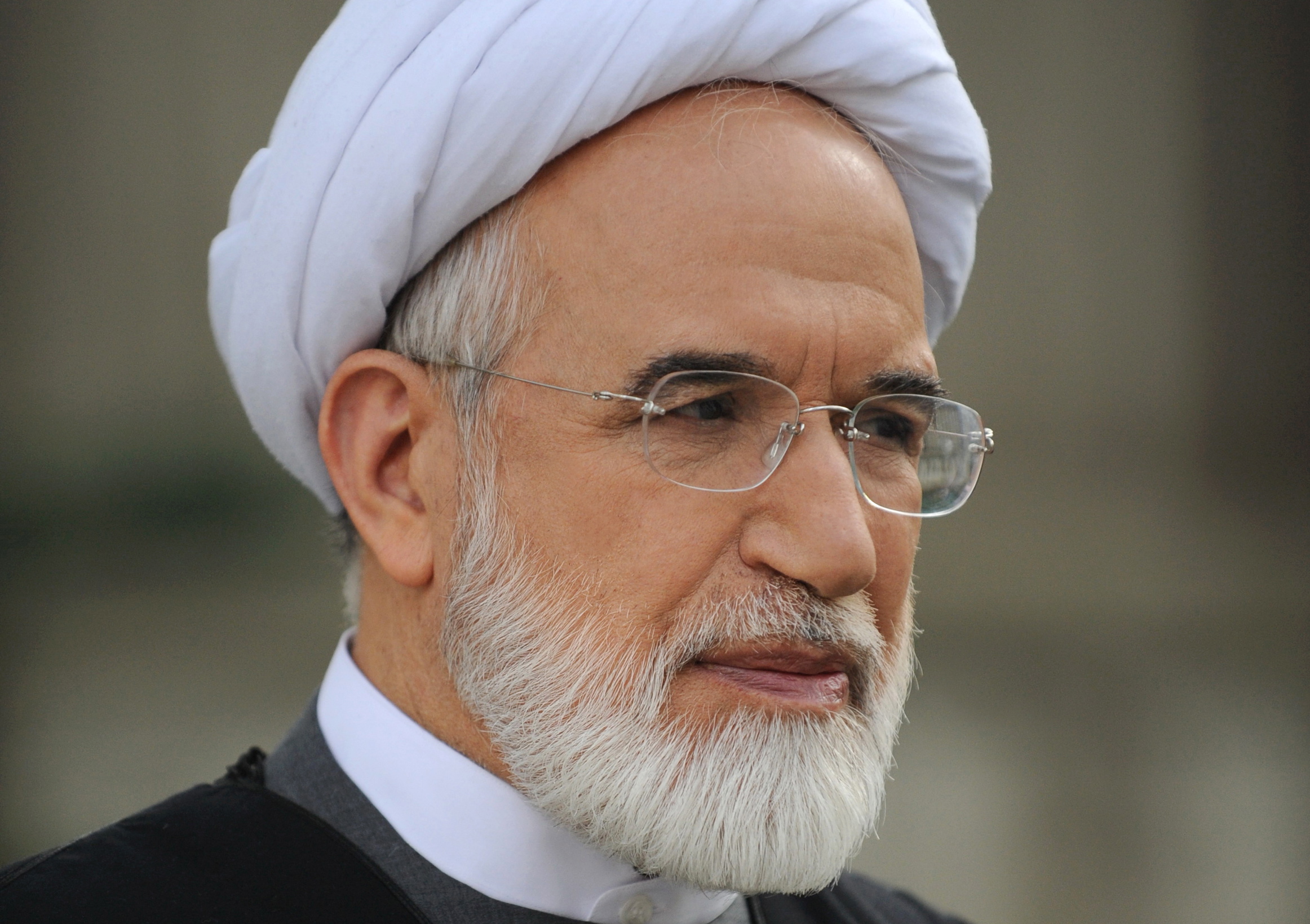
Mehdi Karroubi, one of the leaders of 2009 opposition movement in Iran, in an open letter from house arrest, resigned from his position as chairperson of National Trust Party. Karroubi wrote, “Given that I have been under illegal house arrest since 2010, and considering that there is no definite end to this condition, I hereby tender my resignation from the chair of National Trust Party.” Karroubi then asked the members to accept his resignation in the interests of the National Trust Party.
This is Karroubi’s second open letter since the beginning of his house arrest; in the first one, he had asked for his own open trial. The recent letter was published following contradictory news about conflicts within National Trust Party and the resignation of its deputy chairperson Rasoul Montajebnia.
Demanding his party members to avoid any disagreements, Karroubi asked for activating all forces of the party to attract more members and develop the National Trust Party. He has also recommended that other members of this reformist party should interact with other reformist groups and figures while preserving the “party’s independence.”
BBC Persian
♦ Iranian Red Crescent Society warns of relief stocks shortage
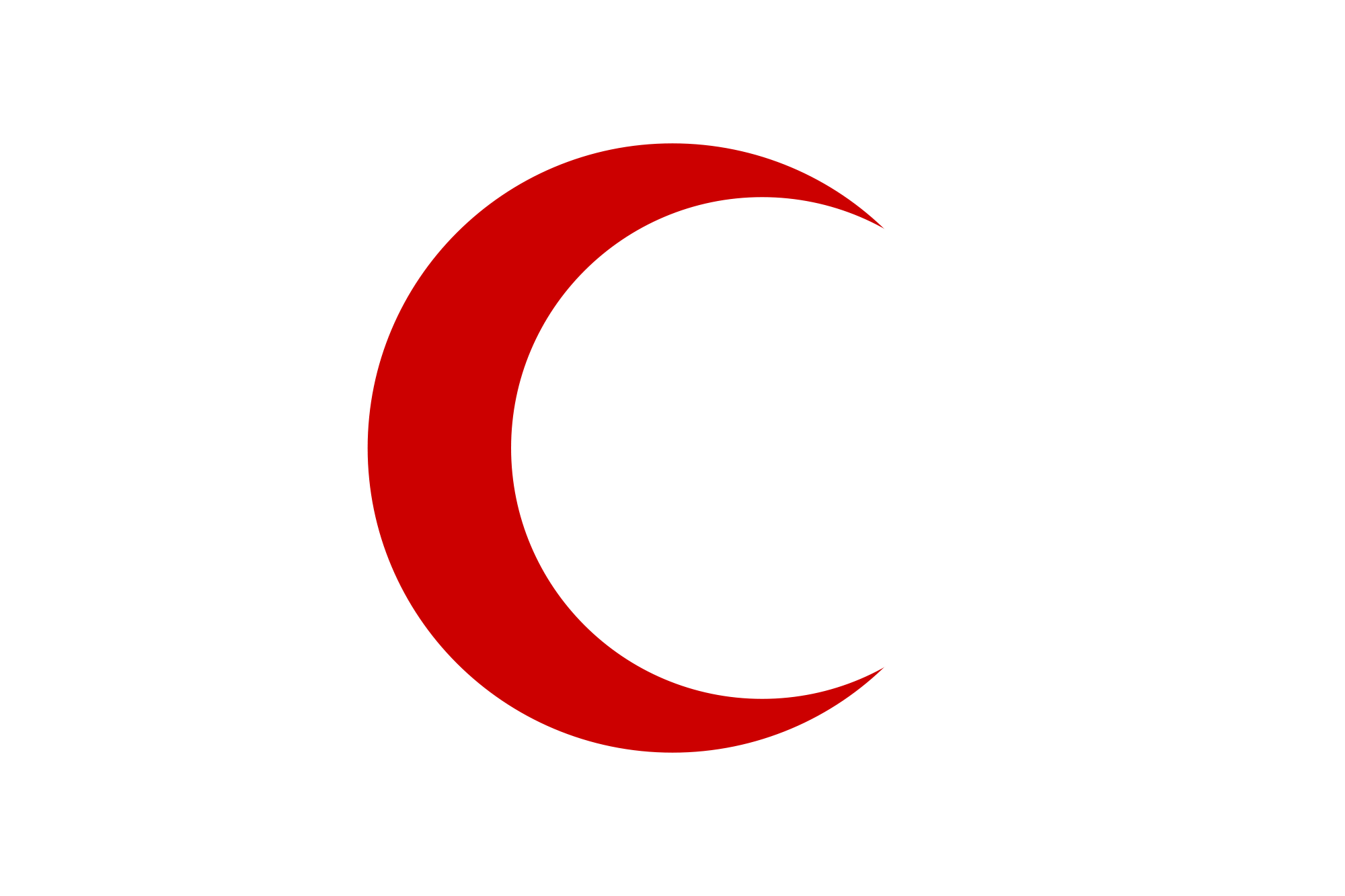
Head of Iranian Red Crescent Society stated that while Iran is always subject to natural disaster, no one is thinking of preparation and preemptive measures against natural events. In his trip to South Khorasan Province and meeting with its governor, Amir Hossein Ziaei said, “Unfortunately, we always think something should happen first so that we can take action, which is why no one is thinking of crisis management.” He added, “Otherwise, funds of organizations such as Crisis Management Organization and Red Crescent would have been raised ten times.” He further mentioned three significant threats of the earthquake, climate change, and flood in South Khorasan, saying, “Disasters take place when we are highly vulnerable because of not acting properly to prepare, prevent and reduce risks.”
Tasnim News
♦ YEKTA Front’s candidate, serious opponent for Rouhani
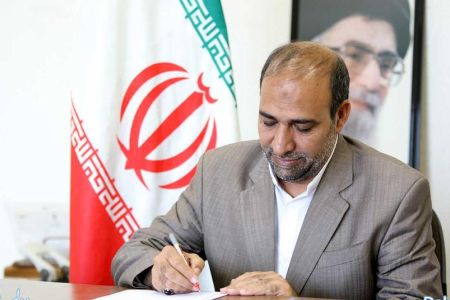
Lotfollah Forouzandeh, a founding member of the fundamental group “YEKTA Front”, claimed that its final candidate could be a serious opponent for Hassan Rouhani. Forouzandeh, the hardline politician, emphasized on the needs of upcoming government for proper plans, adding that YEKTA Front, given its good experience, is formulating integrated plans and attracting people who are perseverant and hardworking, “so that it can have clear plans for serving people.” YEKTA Front consists of former ministers, lawmakers and officials during Mahmoud Ahmadinejad’s presidency.
Arman Emrouz Newspaper
♦ Rafsanjani: Rouhani will win 2017 elections

Head of Iran’s Expediency Council believes that Rouhani will be elected as president in 2017. Rafsanjani said in an interview with Shargh Daily that Rouhani himself is resolved to run for the presidency and has no serious opponent. He added, “Among fundamentals and hardliners, there is no one to compete with Rouhani. Even if they all get-together, they will be still in minority.”
As to the effects of U.S. presidential elections and its new president on Iran, Rafsanjani said, “As I understand it—, Zarif and Salehi have also said so—it will have psychological effects, and nothing much will happen.”
Asr Iran
♦ MP’s serious warning about grave-sleepers
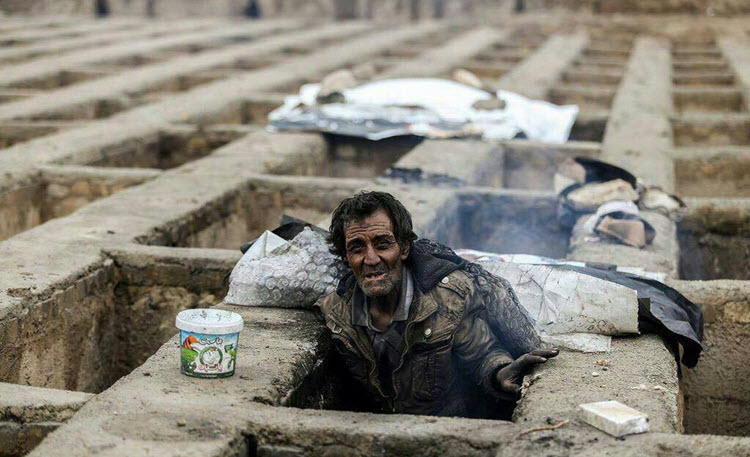
Member of Parliament’s Social Commission in a notice to Interior Minister criticized the conditions of grave-sleepers in Nassir Abad cemetery, asking for immediate attention to this issue. Mohammad Reza Badamchi also criticized forcing these people out of the cemetery, which had been their only dwelling place.
Member of Parliament’s Social Commission stated, “With shame, I look at these heart-wrenching scenes around the country, and I warn the officials and ask them how they can be so indifferent and just watch these people suffer.”
Khabar online
♦ Iranian people are sinking in poverty
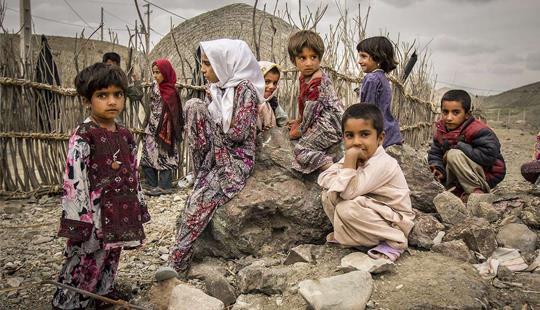
Iranian people’s livelihood is in a grave situation. Due to events over past few decades such as sanctions, 40% inflation, difficulties in selling oil, lack of foreign investment, etc., people are struggling, with least purchasing power they have ever had. Foreign media holds that Iranian people have become 20% poorer over the past decade.
Rouhani’s government proudly announces 7.4% economic growth. As a matter of fact, his government’s performance is positive on papers. But existing realities in the society cannot be ignored. Despite all economic achievements of the government, there is no evidence of prosperity and improvement in the livelihood of different groups of people. All economic growths and government’s achievements have not improved people’s lives, but have made the situations worse than before.
Jahan Sanaat Newspaper
♦ Iran’s upcoming naval drill in Arabian Gulf and Sea of Oman

Deputy Commander-in-Chief of Iranian Army Ahmad Reza Pourdastan announced that Iran would hold the strategic naval drill in the Arabian Gulf and Sea of Oman next month. Following air defense drill codenamed “Defenders of Velayat’s Sky-7”, Pourdastan described this exercise as successful, saying, “all its pre-assigned goals were accomplished.”
Tasnim News
♦ Khatam al-Anbia commander: Rouhani ordered testing missiles
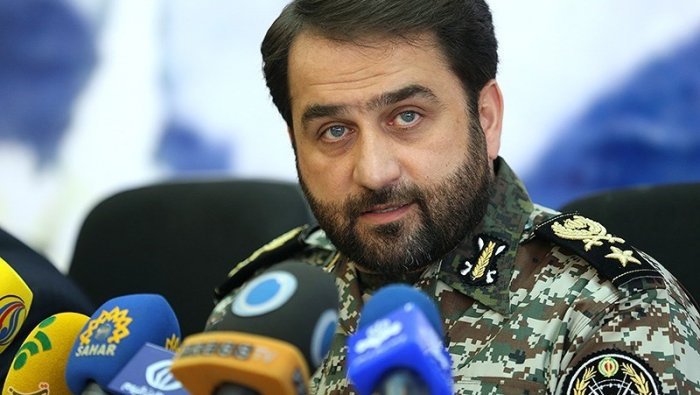
Commander of Khatam al-Anbia Air Defense Base stated that president’s order about testing “Bavar 373” missile system was related to the defense industry, and a part of Bavar 373 was used in “Defenders of Velayat Sky-7” drill. Brigadier General Farzad Esmaili who was talking to reporters at the end of “Defenders of Velayat Sky-7” said the drill took place in an area of 496,000 square kilometers.
Esmaili added, “We were able to have the best performance in the worst weather conditions and in most sensitive places and southern parts of the country.” He urged that during the drill, small flying objects were targeted by missiles that were longer than them, which shows that Air Defense Base has reached a high level of efficiency.
Khabar online
♦ Former MP: unemployment, inflation are people’s main issues
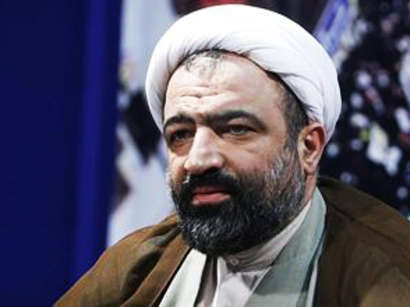
Hamid Rasaei, former hardline lawmaker, in a meeting called “Protest or Sedition” held in al-Sharif University, said that the house arrest of Mehdi Karroubi, Mir Hossein Mousavi, and Zahra Rahnavard was “ratified by National Security Council, which is headed by Rouhani.” Rasaei added “majority of the Council are like-minded fellows of Mr. Rouhani. He himself has voted for the house arrest. I have said it many times, and he has never denied it.”
Former MP pointed out to ratification of JCPOA in the Iranian parliament, and said, “If we wanted to discuss a simple issue in the parliament, it would take days. But some [people] ratified JCPOA in 20 minutes, without allowing anyone to talk for or against it. They should have kept the appearances at least.”
Tasnim News
♦ Iranian official denies damages to centrifuges
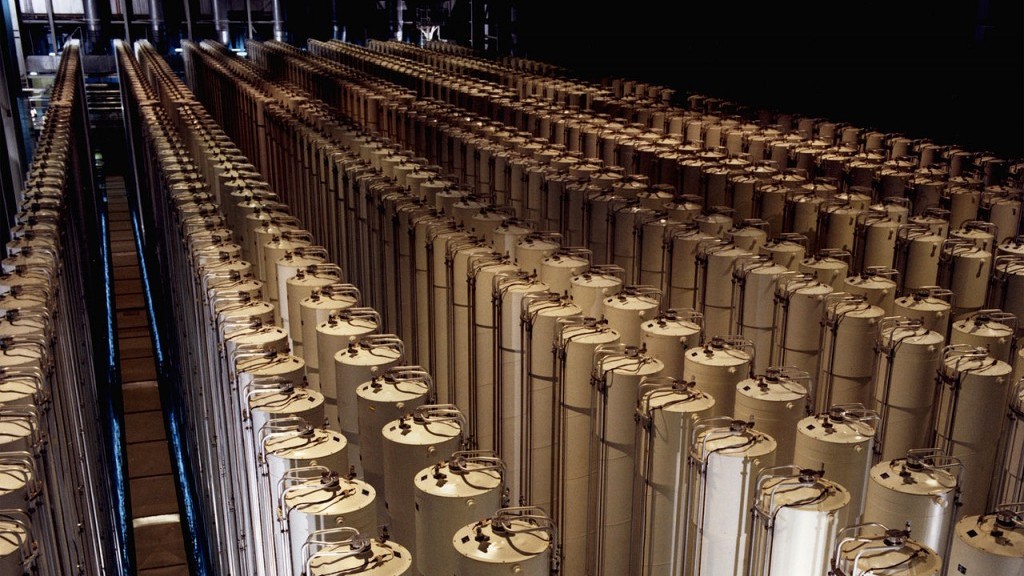
Member of Parliament’s National Security and Foreign Policy Commission stated that Iran’s unclear infrastructure is not destroyed, emphasizing that Iran can rapidly return to its previous conditions. Alireza Rahimi referred to the reversibility of Iran’s peaceful nuclear activities in case JCPOA is violated by other sides, saying, “What is important is that Iran did not stop its technical capabilities. What was stopped were restrictions accepted by Iran in JCPOA.” Rahimi denied any damages to centrifuges at the time of dismantling, and said, “As a new generation of centrifuges with a new technology will be used, there won’t be any problems in this regard.” He added, “Besides we have progressed enough to easily make our centrifuges up to date.”
ICANA
♦ South Korea to build shipyard in Iran

Korean Daewoo Shipbuilding and Marine Engineering announced the signing of an agreement to help Iran develop its shipbuilding industries. The Korean company has signed a contract with Industrial Development and Renovation Organization of Iran (IDRO) to create a company with joint investment. Since 1983, Daewoo Shipbuilding has delivered 38 ships worth $1.65 billion to various Iranian companies, including Iran Shipping Line and National Iranian Tanker Company.
Tasnim News
♦ Iraqi Minster of Science: Farsi to be taught all over Iraq

Iraqi Minister of Higher Education and Scientific Research Abdul Razzaq Al-Issa, in a meeting with Iran’s cultural attaché in Iraq, Hojatoleslam Gholam Reza Abazari, called for teaching Farsi throughout his country. Abdul Razzaq Al-Issa demanded holding Farsi courses not just in Baghdad, but in other parts of the country, including Iraq’s southern provinces. He mentioned extensive existing relationship between the two countries, asking for the facilitating presence of more Iraqi students in Iranian universities. Iraqi Minister of Science said that given the significant amount of interactions between the two countries, “we are after starting a Farsi language course in University of Kufa.”
ABNA
♦ Chabahar Port to turn into trans-regional transit hub
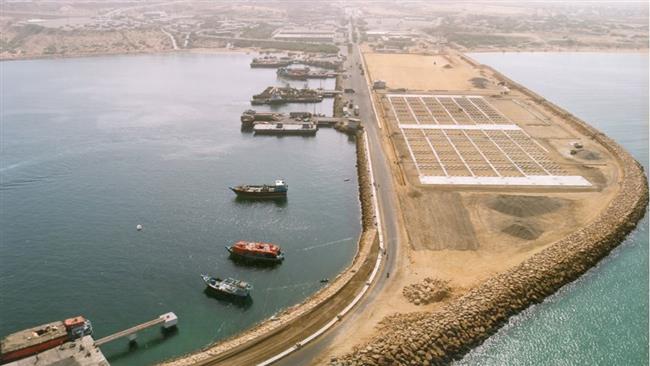
Secretary General of Ports and Maritime Organization in Sistan and Baluchestan Provinces announced that following the implementation of development plans for Shahid Beheshti Port, capacity for goods movement in Chabahar Port reaches 8.5 million tons. Behrooz Aghaei also stated that signing a tripartite contract by Iran, India, and Afghanistan indicates that countries of the region would focus on Chabahar route. He continued that Chabahar Port is a trans-regional access bridge, and the most economical route for transiting goods and passengers to Afghanistan and Central Asian countries.
ISNA News Agency
♦ Iranian activists, politicians condemn regime belligerent policies in Syria
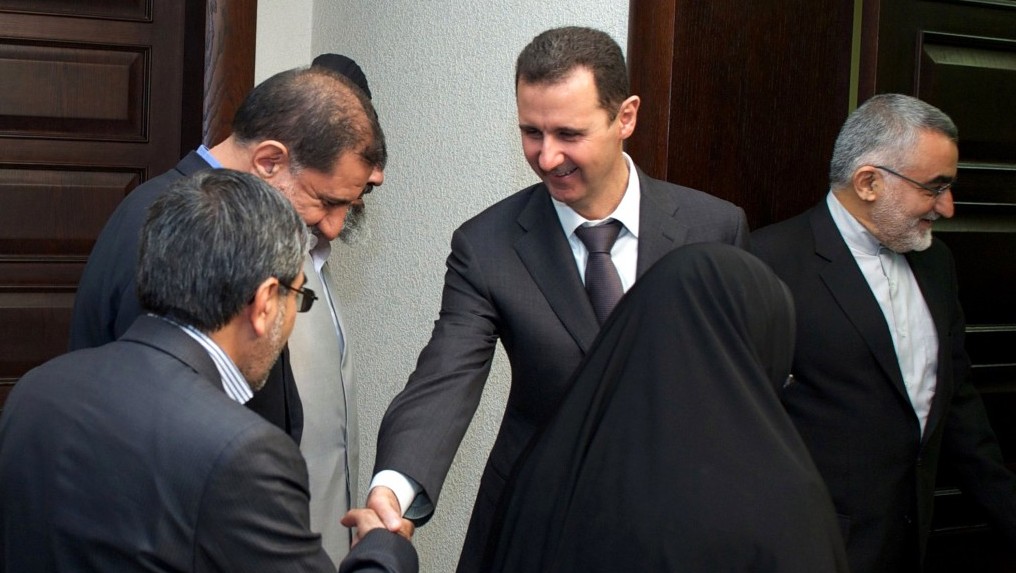
A number of Iranian civil activists and former political prisoners in Iran and abroad have penned a statement, denouncing Iran’s “meddling policies” in Syria. “We, the signatories of this letter, feel ashamed for the long-time pain and suffering of the oppressed Syrian people,” says the letter. Signed by 299 individuals, the letter continues: “Iranian people have never had a role in the policies determined by Iran’s administration for Syria.” In the end, the signatories “severely condemn” Iran’s policies and “fully apologize from the afflicted people of Syria.”
Radio Zamaneh
♦ Hashemi Rafsanjani slammed for pressuring Supreme Leader
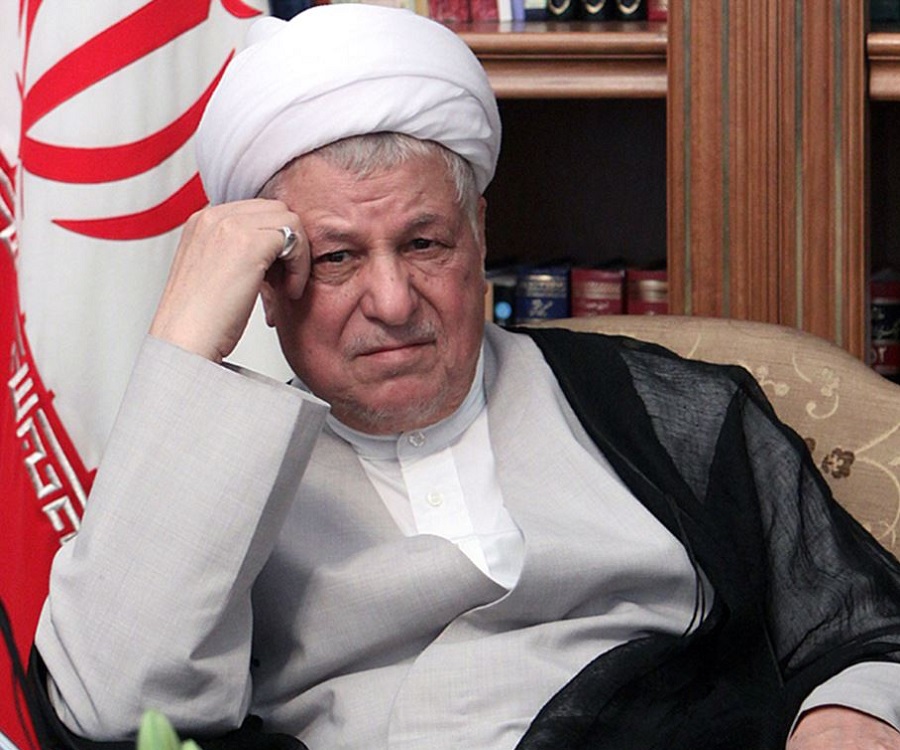
Chairperson of Foundation of Historical Studies and the Revolution Encyclopedia criticized Hashemi Rafsanjani, saying that his thoughts are rooted in Iran’s National Front. Hamid Rouhani added that Rafsanjani, in Macfarlane case, once went so far as to prepare the grounds for the presence of Americans in Iran. “He wanted Imam [Khomeini] to think of it as a fait accompli, but Imam did not meet with Macfarlane. And he had to go back to the U.S. humiliated.”
Chairperson of Foundation of Historical Studies continued that after Khomeini’s death when Khamenei became Supreme Leader, Rafsanjani was still after his own wishes, trying to influence the leader. “Hashemi Rafsanjani was trying to put pressure on the leader, and his 2009 letter to Supreme Leader is an example of this. Meanwhile, the Supreme Leader stood up to him, and neutralized that conspiracy as well.”
ISNA News Agency
♦ Complaint against MP over quoting FM Zarif
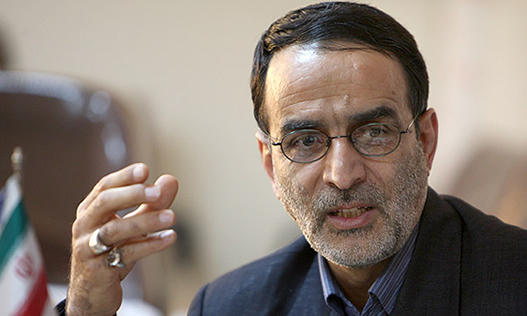
Ardeshir Nourian, Member of Parliament’s National Security Commission, announced that some members of this commission had submitted a complaint against lawmaker Karimi Ghodosi to the parliament’s supervisory board. Karimi Ghodosi had released FM Zarif’s remarks in National Security Commission regarding making mistakes in JCPOA. Ardeshir Nourian pointed out to his presence in the same session, emphasizing, “remarks released [by Karimi Ghodosi] were selective and based on personal interpretation.” He added, “Zarif was talking not about JCPOA, but about ISA [Iran Sanctions Act]. But unfortunately, this remark was reflected in media as if it was questioning all JCPOA’s achievements.”
ISNA News Agency
♦ Reason for Karroubi-Mousavi house arrest: ‘solidarity with Syrian rebels’
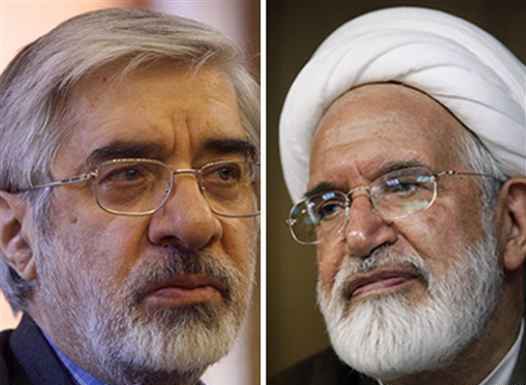
Deputy Chief of IRGC Intelligence Organization said about house arrest of Karroubi and Mousavi that it took place “one year after the sedition on 14 February 2010, when Syrian rebels were demonstrating against Bashar Assad, named as ‘continuation of Arab Spring’ by BBC and VOA.”
Hossein Nejat continued, “At that time one of the prisoners wrote a letter from prison to detainees in Syria, announcing solidarity with them. And even heads of sedition asked people to take to streets and announce their solidarity with detainees in Syria.” Deputy Chief of IRGC Intelligence Organization added, “This call made Supreme National Security Council ask for their house arrest. So now they can enjoy private doctors, exercise, pool, etc., but cannot communicate with others to create sedition.”
Jam-e-jam Online
♦ Religious minorities advised against political activities
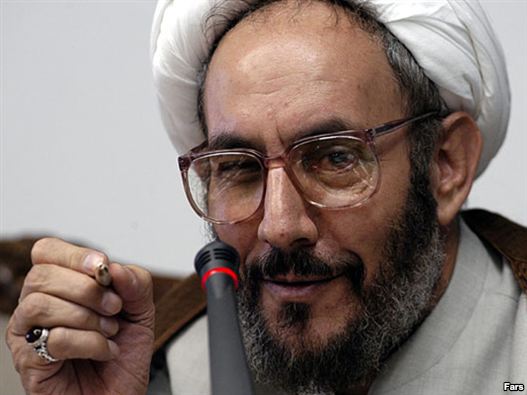
Ali Younesi, special aide to Iran’s president for ethnic groups and religious minorities’ affairs, said that religious minorities had better avoid political activities. He further added that this is “one of our national goals which should be defended, and at the same time, they [religious minorities] should have a colorful presence in the society.”
A special aide to Iran’s president stressed that Armenians are inseparable parts of the Iranian culture, urging that they have always been an influential factor in Iran’s politics and culture.
ISNA News Agency
♦ Mother sets her 5-month-old baby on fire
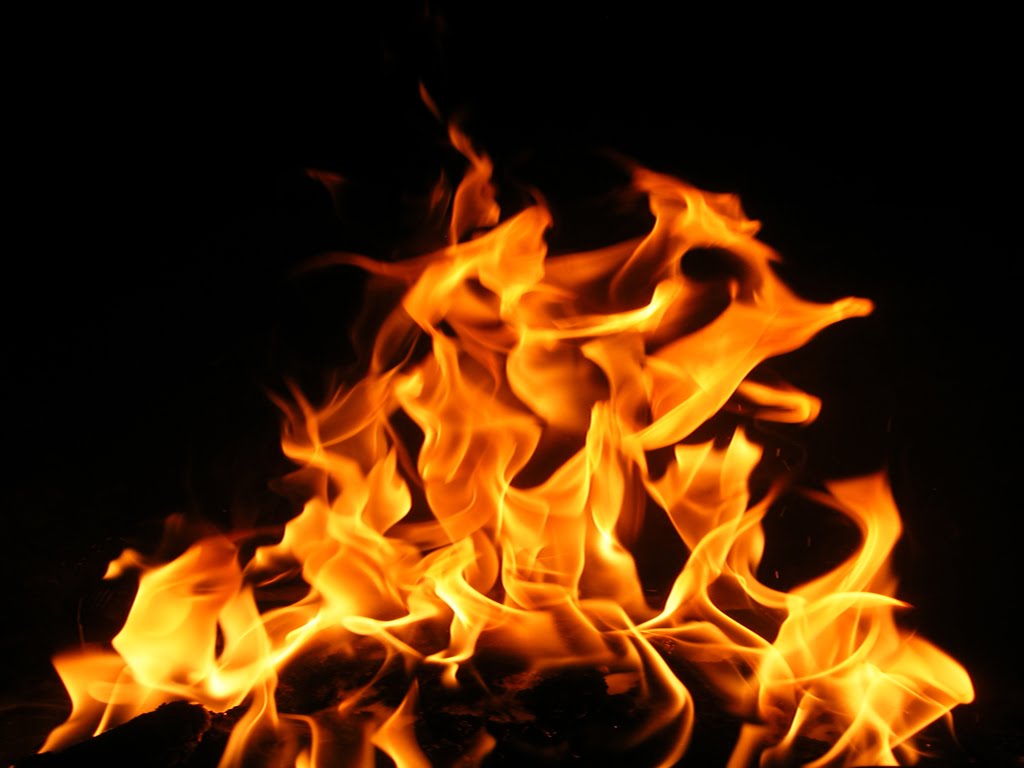
Shiraz police arrested a 34-year-old woman for burning her 5-month-old infant to death. During interrogations, she confessed to pouring oil on the infant and setting her on fire due to miserable life conditions.
Etimad Newspaper
♦ Iran’s production of heavy water is not halted for JCPOA
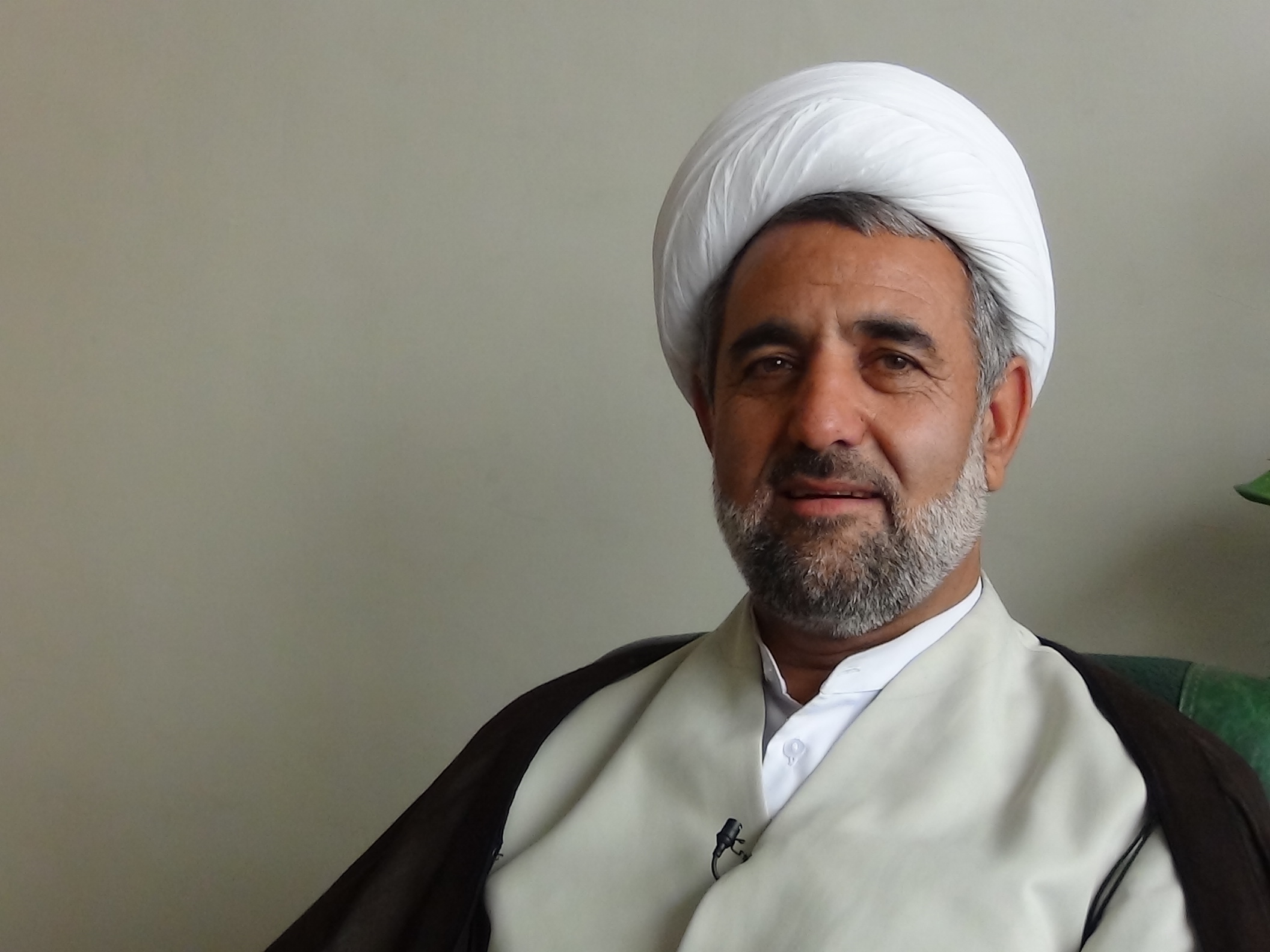
Head of Parliament’s Nuclear Committee announced selling 70 tons of heavy water during 7 months by Atomic Energy Organization of Iran, emphasizing, “we are working as strongly as before.” Mojtaba Zolnouri added that JCPOA has not had any negative impacts on producing heavy water, but instead created the proper atmosphere for Iran to enter world market in this field. Mentioning that Iran’s production of heavy water is more than its domestic consumption, Qum MP said that a third country is chosen for storing excess production, from which Iran can sell and export its heavy water. “However”, he stressed, “storing excess heavy water in the third country does not mean we have no control over our product; it is for Iran to determine the sales amount and the price.”
ICANA
♦ Foreign Minister Zarif is a ‘false hero’
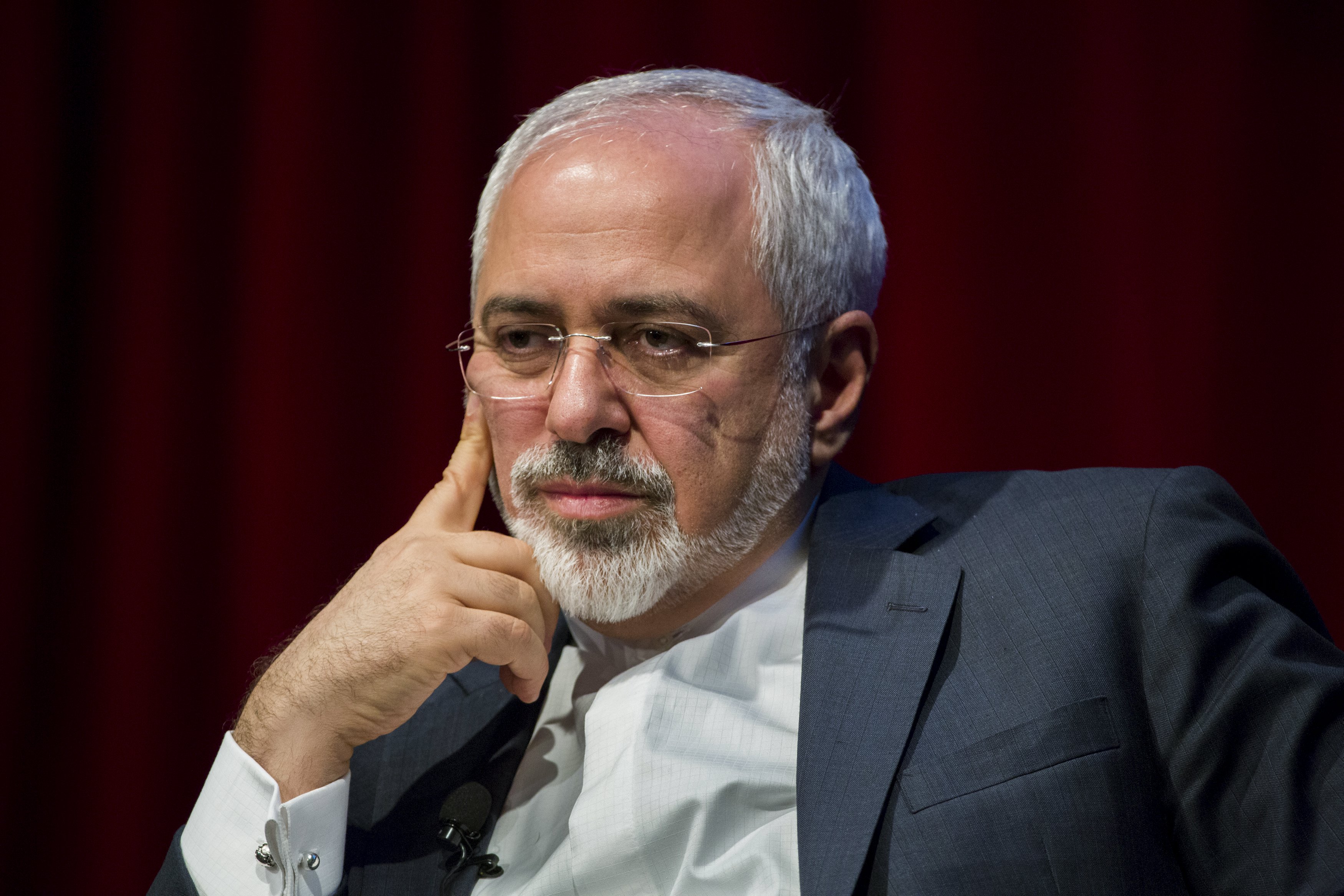
According to “9 Day” weekly, Foreign Minister Javad Zarif confessed before parliament members last week that he has made a mistake trusting the U.S. Zarif’s confession cannot restart the fuel cycle activities of the destroyed centrifuges at Fordow and Natanz. Neither can it restore the national honor of Iranians and nuclear scientists.
Zarif and his allies were not alone in process of ratifying JCPOA but widely supported by the media, which embellished the U.S. and JCPOA in order to manage public opinion. Reformist media made a national hero out of Javad Zarif, calling him another “Mosaddegh”. What Zarif and Mosaddegh have in common is their mistaken trust in the U.S., their not listening to religious leaders’ warnings, and their shaking hands with enemies. Zarif is no national hero, and neither was Mosaddegh. A hero is someone who resists the strong-arming of enemies with empty hands.
Bartarinha
♦ Iran new ambassador to Damascus appointed
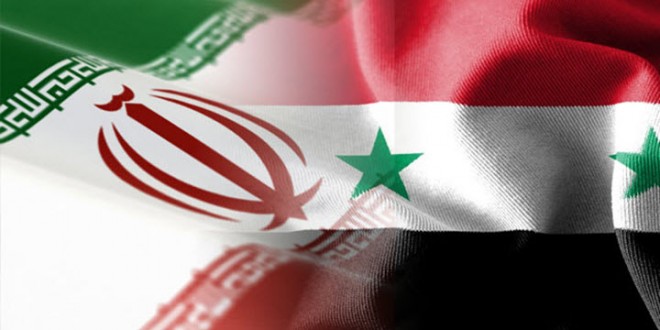
An informed source in Iran Foreign Ministry told Ana News Agency that Javad Torkabadi has been appointed as the new ambassador to Damascus. Torkabadi uses to be Iran’s ambassador to Sudan, Bahrain, and Nigeria. He also served as Iran’s charge d’affaires in Kuwait. The source added that although the official process of appointing the ambassador has not been completed yet, Javad Torkabadi is the most decisive option so far.
Ana News
